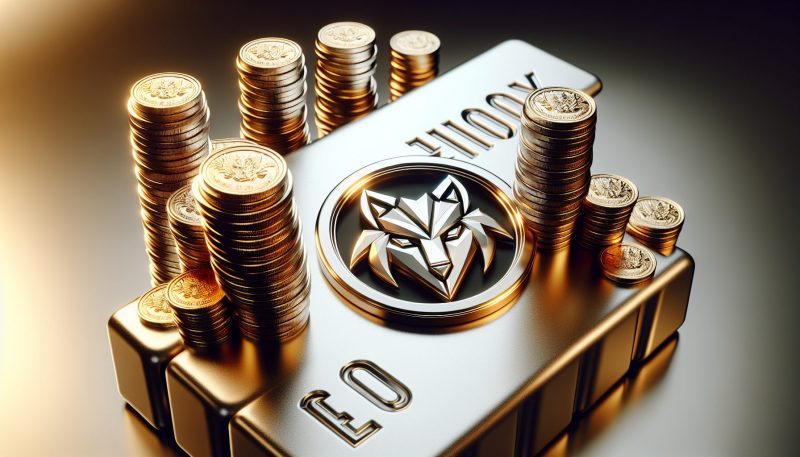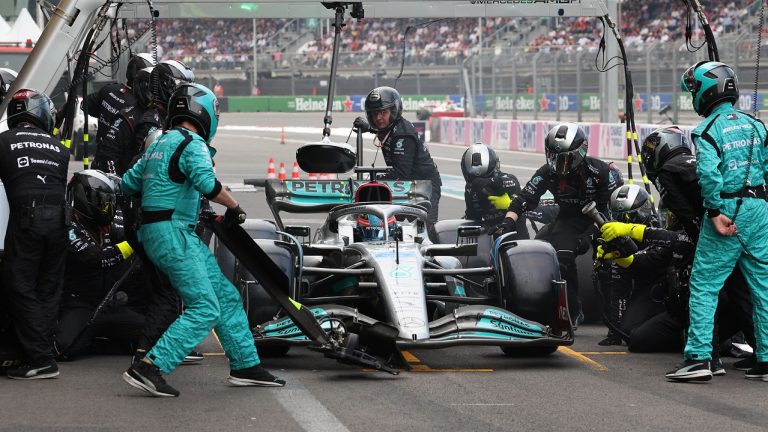
The company said the funds will be invested into early-stage blockchain projects that leverage the Chiliz blockchain for sports and entertainment and the Socios.com partner network.
Chiliz, a global company that deals with blockchain for sports and entertainment, has launched its incubator and accelerator program, Chiliz Labs, with the support of Jump Crypto. The $50 million program intends to invest in early-stage blockchain projects that leverage the Chiliz blockchain for sports and entertainment and the Socios.com partner network.
— Chiliz ($CHZ) - Powering Socios.com ⚡ (@Chiliz) March 1, 2023
We are pleased to announce the launch of our $50M USD incubator and accelerator programme Chiliz Labs!
Backed by @jump_ Chiliz Labs will foster viable and innovative early-stage blockchain projects looking to leverage the new Chiliz blockchain.
⚡️ $CHZ
According to the announcement, Chiliz aims to build the largest community of fans, brands, and developers in the sports and entertainment industry to create a dedicated sports Web3 ecosystem. These projects will leverage the new Chiliz blockchain for sports and entertainment, which had its genesis block validated on February 8th. The incubator and accelerator program promises to provide funding and strategic guidance to assist these projects in achieving their goals.
Chiliz has announced LiveLike and FanFest as the first companies to build on the new chain, with eight to ten more enterprise-level projects to come. These projects will include NFT ticketing pilots, athlete-focused Fan Tokens, and Web3 infrastructure partners building for sports and entertainment. Jump Crypto's President, Kanav Kariya, praised Chiliz for solving the problem of how to scale brands and maximize fan engagement sustainably and affordably.
Chiliz CEO, Alexandre Dreyfus, highlighted Chiliz Labs' importance in building an ecosystem of fan experiences and transactions with Fan Tokens providing a "digital key" that can work across any product or experience built on their infrastructure. Chiliz is the creator of Fan Tokens and the Socios.com fan engagement and rewards app, with more than 170 partners and over 1.8 million wallets.
Related: Binance to bring fans closer to sports teams with fan token platform
As blockchain technology continues to revolutionize industries around the world, it continues to find interesting use case in the world of sports with the emergence of Web3 platforms, offering new ways to engage fans and drive value for sports brands.
As previously covered by Cointelegraph, Web3 projects aim to create engagement between fans and sports leagues. In Deloitte’s “2022 Sports Industry Outlook” report, it predicted an acceleration in the blending of real and digital worlds, along with growing markets for nonfungible tokens (NFTs) and immersive technologies.
According to the report, these advancements could potentially result in a boost in fan involvement, which has been the foundation for securing sponsor revenue, ticket and merchandise sales, as well as the general appeal of a sports league for a long time.

















